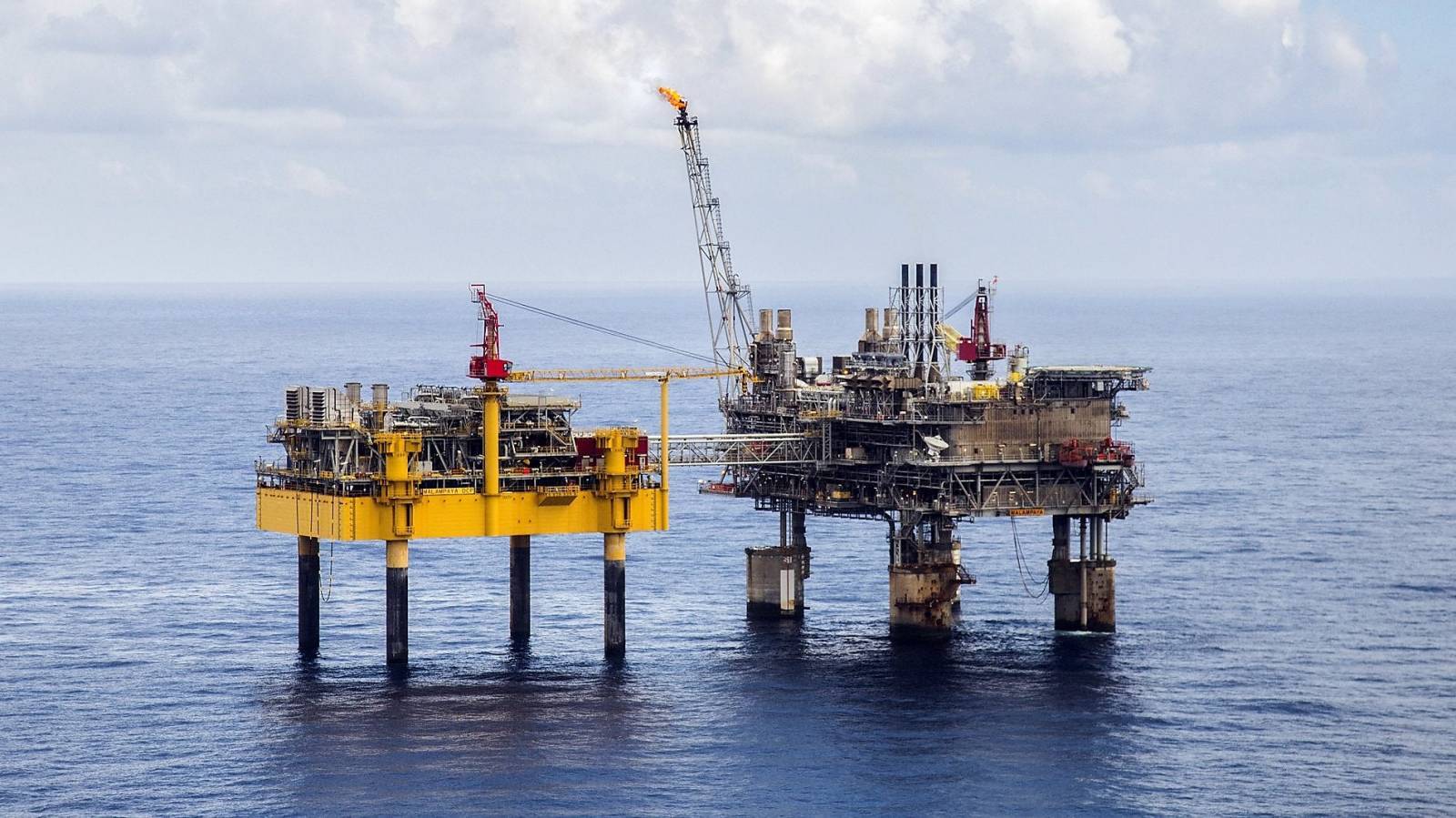
Malampaya | PHOTO: Shell Philippines
More investors are expected to enter the local power market as the proposed measure seeking to establish a framework for the development of the Philippine natural gas sector received the backing of senators.
Senate Bill No. 2793, or the Philippine Natural Gas Industry Development Act, passed on third and final reading in the upper chamber on Monday. The measure has been considered crucial as it targets to promote the development of the natural gas industry, also covering transmission and distribution, to the supply of natural gas.
Article continues after this advertisementREAD: Senate passes Natural Gas bill on third reading
FEATURED STORIES BUSINESS BIZ BUZZ: Razon cries foul BUSINESS Missing funds prompt BSP probe of GCash BUSINESS JK Capital Finance locks in P300-million credit guaranteeAccording to Senator Pia Cayetano, chair of the Senate committee on energy and sponsor of the bill, the realization of the proposed measure could “encourage more investments in natural gas.”
This would also ensure Filipino consumers would be shielded from the price volatility of imported liquefied natural gas (LNG), which was recorded when the war between Russia and Ukraine erupted in 2022.
Article continues after this advertisement“[It] will enhance energy security, providing for more accessibility to natural gas. Historically, indigenous natural gas has been cheaper, and increasing opportunities for natural gas will only make the prices cheaper,” Cayetano said.
Article continues after this advertisement“We take a stand and we decide that we want to develop our own indigenous sources… This is a transition fuel that we are also saying bigyan ng (give it) priority because indigenous fuel ‘to, hindi lang puro (not just rely on) importation,” the lawmaker added.
Article continues after this advertisementThe measure indicated that natural gas can be tapped as a transition fuel, especially as the country pushes for more green energy projects.
The Marcos administration is targeting to scale up renewable energy’s share in the power generation mix to 35 percent by 2030 from the current 22 percent.
Subscribe to our daily newsletter